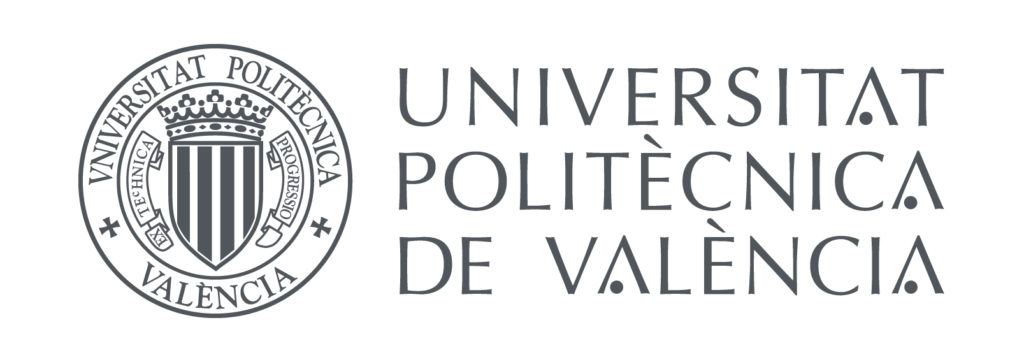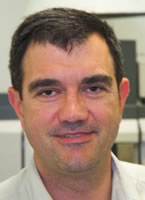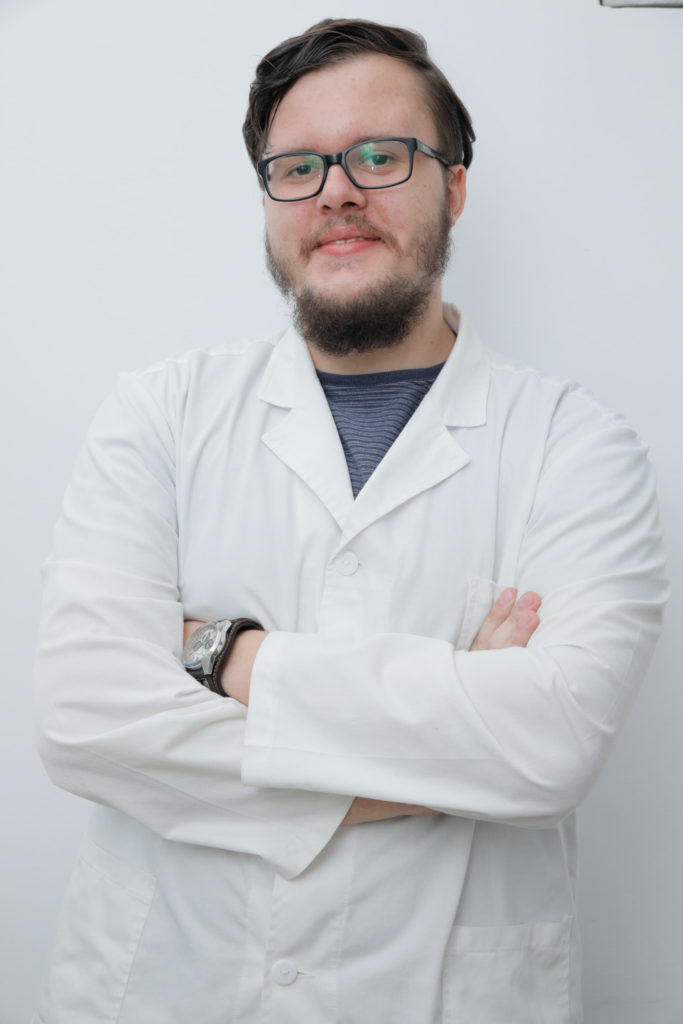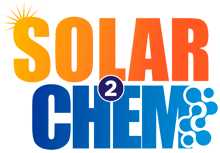

Prof. Hermenegildo Garcia leads a multidisciplinary group at ITQ focused on heterogeneous catalysis and solar photochemistry, with a proven track record in synthesis and testing of materials, such as mesoporous periodic organosilicates, carbon nanotubes, diamond nanoparticles, metal organic frameworks and more recently graphenic materials, among others. In recent years, the group has been more focused on renewable energy, CO2 valorization and green chemistry. The group is well experienced, with a huge knowledge on synthesis and processing of materials, determination of their composition, structure and properties, which is clearly demonstrated by the number of publications (> 700) and citations, with a current h-index of 102.
Google Scholar

Dr Josep Albero obtained the Chemical Engineering degree from the Jaume I University of Castellon (Spain) in 2005. Later he obtained his M.Sc. degree from Rovira I Virgili University in 2009. He worked in the synthesis and characterization of nanocrystalline semiconductor quantum dots for photovoltaic applications when received his PhD in the group of E. Palomares at ICIQ. Afterwards he has been postdoctoral fellow at Prof. Garcia and Prof. Antonietti groups at ITQ and MPIKG, respectively. His research interest is the photo-induced charge transfer reactions in nanostructured materials and their applications in renewable energies and solar fuels production. In the last years, he has actively worked in the design, preparation and characterization of hybrid organic-inorganic materials for the photocatalytic production of solar fuels. His main expertise area is the synthesis of nanostructured photocatalysts and their photophysical and photo-electrochemical characterization. Dr Albero is Co-Investigator in Solar2Chem and WP1 leader.
Google Scholar

Horațiu Szalad (born 1996, Făgăraș, Romania) obtained both his bachelor and master degrees at the Faculty of chemistry, University of Bucharest. In 2018 he graduated the general chemistry section, his research interest during this time being the synthesis of novel metallo-supramolecular architectures with compartment stabilized metal species interconnected by polycarboxylate linkers. During his master’s years, Horațiu was accepted in the research group of prof. Vasile Pârvulescu, where his focus changed from molecular-inorganics to advanced catalytic processes. Examples of research projects undertaken by him during this time are either fine organic transformation employing MOFs functionalized with Lewis basic sites or chemoselective hydrogenations of unsaturated ketoesters with zeolite supported metals. In 2020, he received his master diploma in “Advanced Materials”, joining the Solar2Chem initiative shortly after. Horațiu’s motivation in taking this important step lies both in the great potential that solar processes and solar fuels hold for a sustainable future, and the great interest that academic research has showed during the past years for such systems, which brings great chance for notable research contributions and exciting discoveries.
Nowadays, Horațiu is ESR6 at the Universitat Politècnica de València (UPV), being part of the research group of prof. Hermenegildo García. His main research interest lies in the preparation of graphene based electrodes with high specific surface area incorporating molecular complexes, and their employ in photo-electro catalytic processes such as water oxidation, oxygen reduction or the oxidation of organic substrates. Moreover, Horațiu is also interested in photocatalytic and photothermal processes (mainly CO2 reduction and water splitting) employing biomass graphene based composites.
